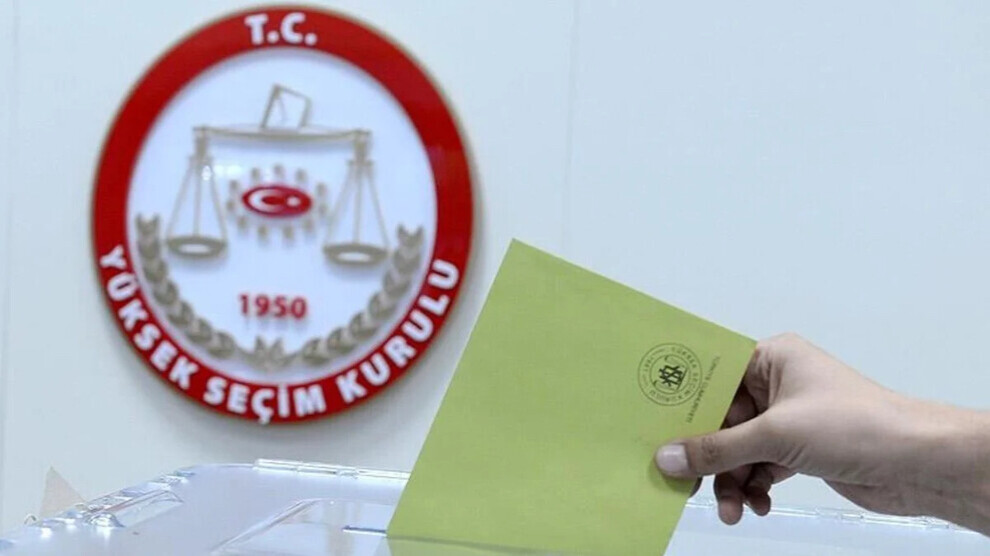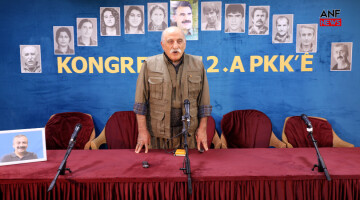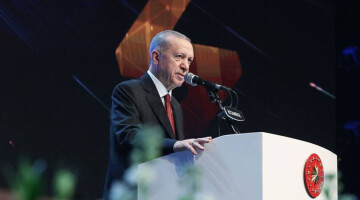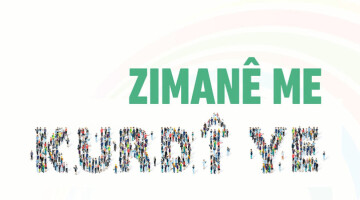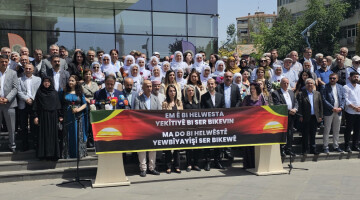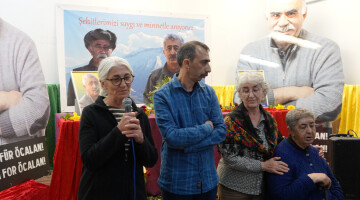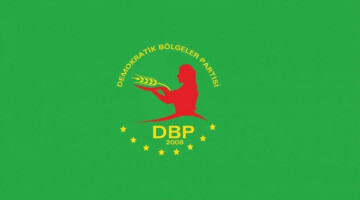Turkey's May 14 presidential and parliamentary elections are considered among the most vulnerable in the world, Freedom House's Election Vulnerability Index shows, scoring behind countries like Pakistan, Zimbabwe, and Bangladesh.
Turkey scored 33 out of 100, obtaining low points in all three categories of the report. The country scored 9 out of 32 in the digital sphere category, 13 out of 32 in the electoral system and political participation category, and 11 out of 36 in the human rights category.
Freedom House states that score reflects the government's concentration of power, strict laws that make online expression a criminal offense, and extra-legal efforts to silence independent journalism and stifle dissent.
The watchdog had previously evaluated Turkey as not a "Not Free" in the "Freedom in the World 2023" report published earlier this month.
However, Freedom House notes that the six-party alliance challenging incumbent President Erdoğan pledges a sharp departure from these policies if it wins power.
The opposition could gain momentum in response to public dissatisfaction with the economic crisis and inadequate state support following the earthquake.
As a result, President Erdoğan's re-election chances appear to be in serious jeopardy.
The political freedom monitor underscores the thousands of websites blocked and the removal of at least 1,197 news pieces in the first year after the social media law, enacted in 2020.
Detaining and prosecuting journalists, activists, and citizens for their critical comments, news reporting, and online discussions of government officials could lead to self-censorship in the lead-up to elections. This is exemplified by the detention of at least 24 social media users for criticizing the government.
Freedom House draws attention to the fact that Turkey's Radio and Television Supreme Council (RTÜK) blocked access to the websites of DW and VOA last year on the basis that they did not obtain a broadcasting license.
This form of technical censorship results in a lack of access to accurate information and various sources before going to the polls. Additionally, the democracy watchdog alerts that the recently implemented 'Disinformation Law' can be used against internet users before the balots open on May 14.
The government is encouraging social media users to rely on information published by the government, which tends to favor the ruling Justice and Development Party (AKP), by claiming that disinformation is prevalent, according to the Washington-based think tank.
Yet, the AKP itself employs a troll team consisting of approximately 6,000 people who manipulate online conversations, promote their own political agenda, and challenge anti-government opponents on social media, Freedom House indicates.
For example, in 2019 a video circulated on numerous pro-government social media platforms that suggested that İstanbul's mayor and a prominent figure in the main opposition party, Ekrem İmamoğlu, was calling on terrorist organizations to take control of the country.
The report further points out the vulnerability created by the state of emergency declared in the ten provinces affected by the February 6 earthquakes, possibly limiting fundamental rights.
Officials in the region can block campaign materials and rallies in the online and public spheres and restrict the political activities of opposition parties, the rights monitor highlights, referring to the blockade of Twitter for 12 hours 'to prevent disinformation from spreading' in the wake of devastating earthquakes in southeastern Turkey, and the access ban to Ekşi Sözlük, a popular social networking site.
The rights monitor shows that the AKP, which introduced some liberalizing reforms in its early days, has since 2016 put pressure on its opponent. Over the past decade, electoral laws have been revised, judicial independence has been undermined, and harsh measures have been taken to curb opposition.
Moreover, the 2017 constitutional amendments converted Turkey into a super-presidential system, where the president can appoint the government without the parliament's approval or interpretation.

